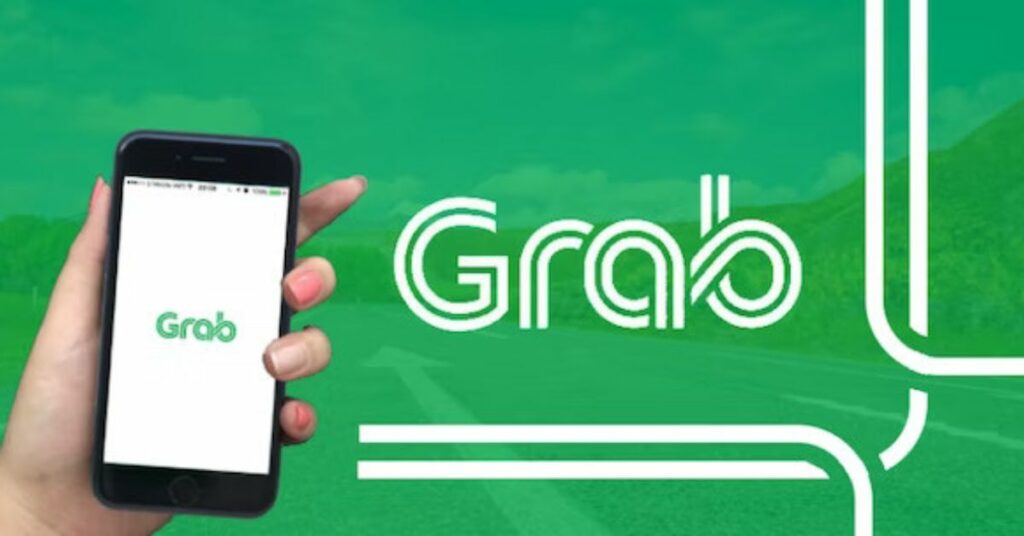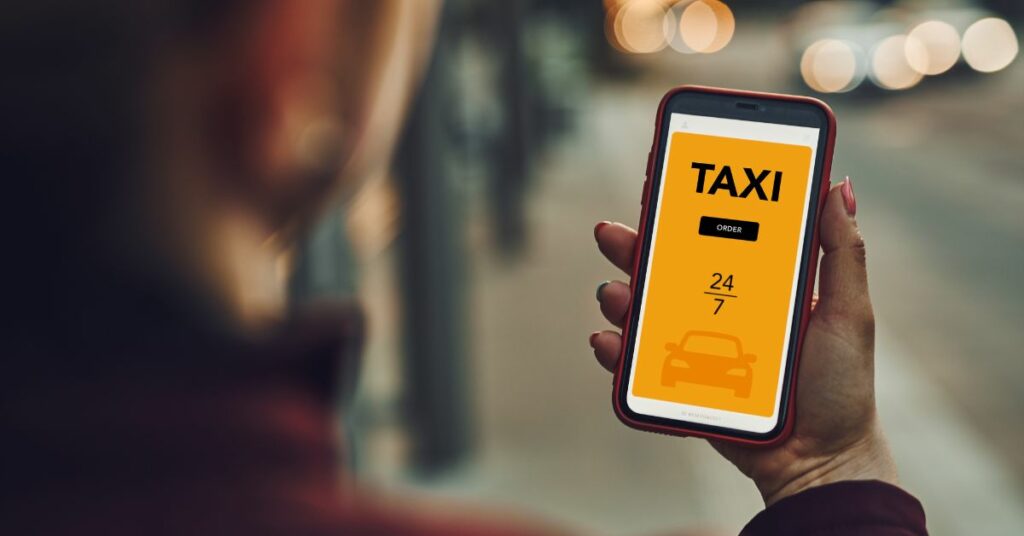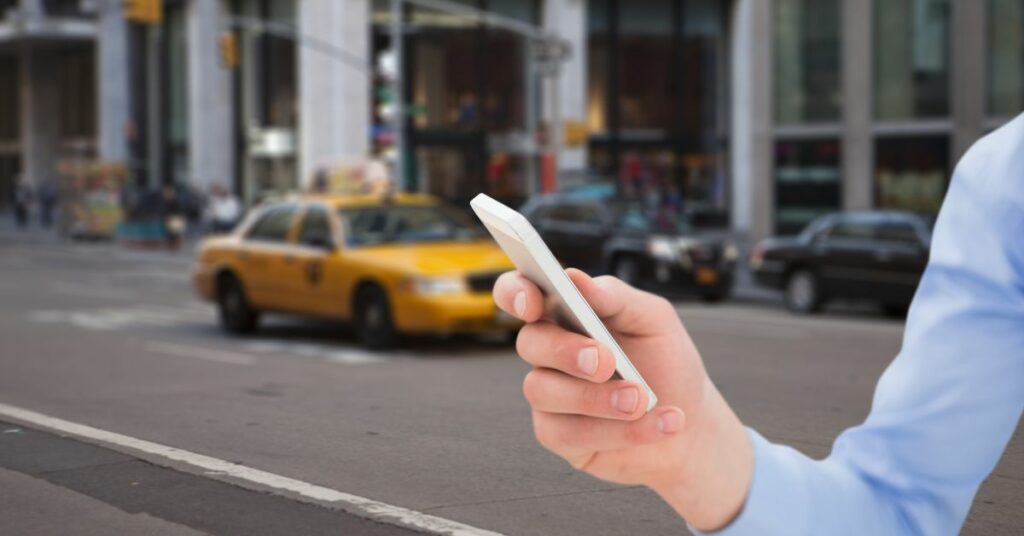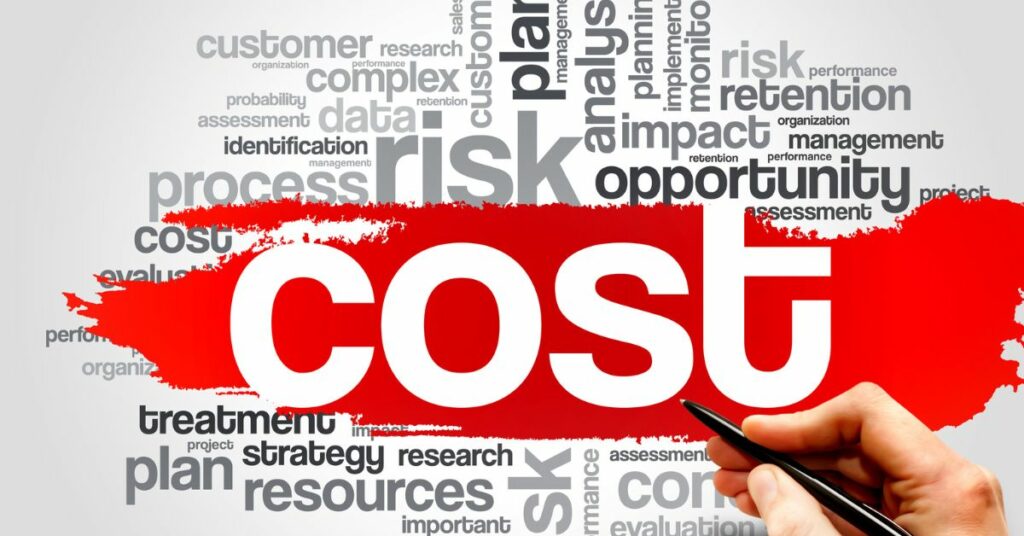As the world is increasingly becoming a digital one, more and more people are turning to mobile applications for convenience and efficiency. One of the most popular mobile applications today is the Grab Like App. It provides users with an easy way to order food, groceries, and other items right from their smartphones.
Through the app, users can access a wide variety of products and services right from their devices. The app typically provides users with detailed information about each product or service, as well as payment options, delivery times, and more. All of this makes it much easier for customers to shop conveniently while still maintaining safety measures such as contactless payments.
However, many businesses may not be aware of the cost to develop such an app. In this article, we will take a look at the various components necessary for developing a Grab Like App and discuss the associated costs.
In this guide, we will walk you through the steps necessary to develop a Grab-like application for your business. We’ll also take a look at what makes Grab so successful and how you can use the same strategies to develop your own successful app
What is Grab?

Grab is a multi-service platform that provides transportation, food delivery, and payment services. The app allows users to book rides with drivers, order food from restaurants, and make payments for services with cash or credit cards. It has become one of the most popular apps in Asia and has been instrumental in revolutionizing transportation, food delivery, and payment services.
Why Develop a Grab-like App?
The rise of on-demand services has opened up a world of possibilities for businesses, allowing them to provide their customers with goods and services whenever and wherever they need them. Among the most popular on-demand services is ride-hailing, which allows people to quickly and conveniently request a ride from any location at any time. One of the most successful ride-hailing companies is Grab, which has quickly become the leading provider of this service in Southeast Asia.
But why develop a Grab-like app? Developing a ride-hailing app that operates similarly to Grab can bring with it multiple benefits for businesses and consumers alike. In this article, we will explore some of the key reasons why businesses should consider creating their own Grab-like app.
Also, read this article: Guide & Cost to Develop Uber Like App
Increased Convenience for Users:

Grab-like apps make it possible for users to request rides quickly and conveniently, without having to wait in line or call a taxi company. All they have to do is open the app, input their current location and destination, and wait for a driver to be assigned to them. This makes it much easier and faster for users to get from one place to another, which increases their satisfaction with the service. Additionally, many Grab-like apps also allow users to pay for their ride using the app itself, making the entire process even more convenient.
Ability to Target Specific Markets:
Developing a Grab-like app can help businesses target specific markets. For instance, they can customize their services to cater to certain demographics or geographic areas, allowing them to provide more tailored experiences for customers in those areas. This can make it easier for businesses to capture a larger share of the market and increase their customer base.
Increased Efficiency for Drivers:
Grab-like apps can also help drivers to increase their efficiency and save time. With the app, they know exactly where they need to go and how long it will take them to get there, allowing them to plan their routes in advance and avoid traffic. Additionally, Grab-like apps also provide drivers with a real-time view of their earnings and the number of rides they have completed, making it easier for them to track their progress.
Increased Profits:
Developing a Grab-like app can help businesses increase their profits. Since customers are more likely to use an on-demand service that is easy to use and convenient, businesses can charge a premium for their services. Additionally, since drivers are able to complete more rides in less time, this also leads to an increase in profits as they are able to generate more revenue from each ride
Components of a Grab-Like App

There are several components that go into the development of a successful Grab-like app. These include everything from designing the user interface and creating the back-end structure to setting up payment systems and integrating with other services. Here is a breakdown of the components that go into development:
User Interface Design:
The user interface (UI) for your app should be attractive, intuitive, and easy to use. You need to design it so that all of the features are easily accessible and users can quickly find what they are looking for.
Back-end Structure:
The back end of your app should be designed to handle large amounts of data, process requests quickly, and store all information securely. You need to make sure that the system is scalable and can handle an increasing number of transactions.
Payment Systems:

You need to integrate a payment system into your app so that users can pay for services with cash or credit cards. It’s important to make sure the system is secure and reliable, as well as easy to use.
Integration With Other Services:
Your app should be able to connect with other services in order to provide users with a comprehensive experience. For example, if you’re developing a ride-hailing app, you should integrate it with maps and navigation systems so that drivers can quickly reach their destination.
Marketing Strategies:
You also need to come up with effective marketing strategies for your app. This includes everything from designing an attractive logo and creating promotional materials to launching campaigns on social media and running ads.
How to Create an App Like Grab?

We’ll cover topics such as how to create an app like Grab, the features you should include, and how to monetize your application. By following this guide, you’ll be able to develop a professional app that will help you attract customers and drive profits.
Step 1: Plan Your App
Before diving into development, it is important to spend some time planning out your app. Think about the features you want to include, the design you’ll use, and how you will monetize your application. You should also consider the purpose of your app – is it for ride-hailing, food delivery, or something else? Planning helps ensure that development goes smoothly and that you get the most out of your investment.
Step 2: Outline Your Features
Once you’ve decided on your app’s purpose, it’s time to list out all the features that it will need. This is an important step because it helps you keep track of what needs to be included in the development process and makes sure that nothing gets left out. Some of the features you should include are a sign-up/login process, customer profiles and ratings, payment methods, pick-up & drop-off locations, a booking system, GPS tracking for drivers and customers, and an admin dashboard.
Step 3: Design Your App
After deciding on all your app’s features, it’s time to design it. Design is crucial for an app like Grab because users will likely make their decision based on the look and feel of your app. Therefore, make sure you create an attractive and easy-to-navigate interface that appeals to customers. Also, consider creating a mobile version of your app so users can access it anywhere, anytime.
Step 4: Develop Your App
Once you have the design for your app, it’s time to move on to development. This is where the hard work begins, as you need to code all the features and make sure that everything works properly. You can either develop your app from scratch or use a framework such as React Native, Flutter, or Ionic to speed up the process.
Step 5: Test & Launch Your App

Before launching your app, it’s important to test it thoroughly. This helps you identify any bugs and make sure that all features are working properly. Testing can be done manually or with a tool such as Appium or Calabash. Once you’ve gone through the testing process, you can launch your app and start getting users.
Step 6: Monetize Your App
Now that your app is launched, it’s time to start thinking about monetization. There are several different ways to make money from a Grab-like app, including commission fees for drivers and customers, advertisement space, subscription models, and in-app purchases. Consider which methods will work best for your business and start implementing them
Cost of Developing a Grab Like App

The cost to develop a Grab Like App can vary greatly, depending on the features and complexity involved. Generally speaking, the cost will be determined by the number of features included in the app, as well as its design and development time. Here are some of the factors that come into play when determining the cost of developing an app:
Design and Development Time:
The development time of a Grab Like App is typically quite lengthy as it requires complex coding to ensure smooth functioning. Moreover, the design must also be taken into account in order to make sure that users have a great experience while using the app. Depending on the complexity of the design and development, this can add up to a substantial amount.
Features:
The number of features that are included in a Grab Like App will also have an impact on its cost. This includes features such as payment options, delivery times, product information, account management, etc. It is important to consider how many features you would like to have in your app and the associated cost.
Platforms:
While some Grab Like Apps are available for both iOS and Android, others may only be available on one platform. This will affect the cost of development as certain features need to be tailored for each platform.
Testing & Maintenance:
Testing and maintenance are often overlooked when considering the cost of developing a Grab Like App. It is important to factor in the costs associated with testing and maintaining the app, as this will ensure that any issues or bugs are addressed quickly.
These are just some of the factors that come into play when determining the cost to develop a Grab Like App. While it can be difficult to get a precise figure, the overall cost will typically range from $30,000 to $100,000 depending on the complexity of the app and its associated features.
Conclusion
Developing a Grab-like app can be an overwhelming process if you don’t know what you’re doing. But with this guide, you can be sure that you’re taking the right steps to create an app that will help your business succeed. From planning out features to monetizing your app, use these tips and you’ll be well on your way to a successful application.
If you’re looking for a top-tier development partner, look no further than QSS Technosoft Inc.
QSS Technosoft Inc is a leading software development company with extensive experience in developing mobile and web applications. Our team of experienced developers can help you create an app like Grab for your business, no matter the size or complexity. With our user-centric approach to design and development, we guarantee a product that meets all your requirements and exceeds your expectations. Contact us today to get started. We look forward to working with you!
We are proud to mention that our work has been recognized by leading B2B reviews and research platforms like GoodFirms, Clutch, MirrorView, and many more.


Guide & Cost to Develop Grab Like App